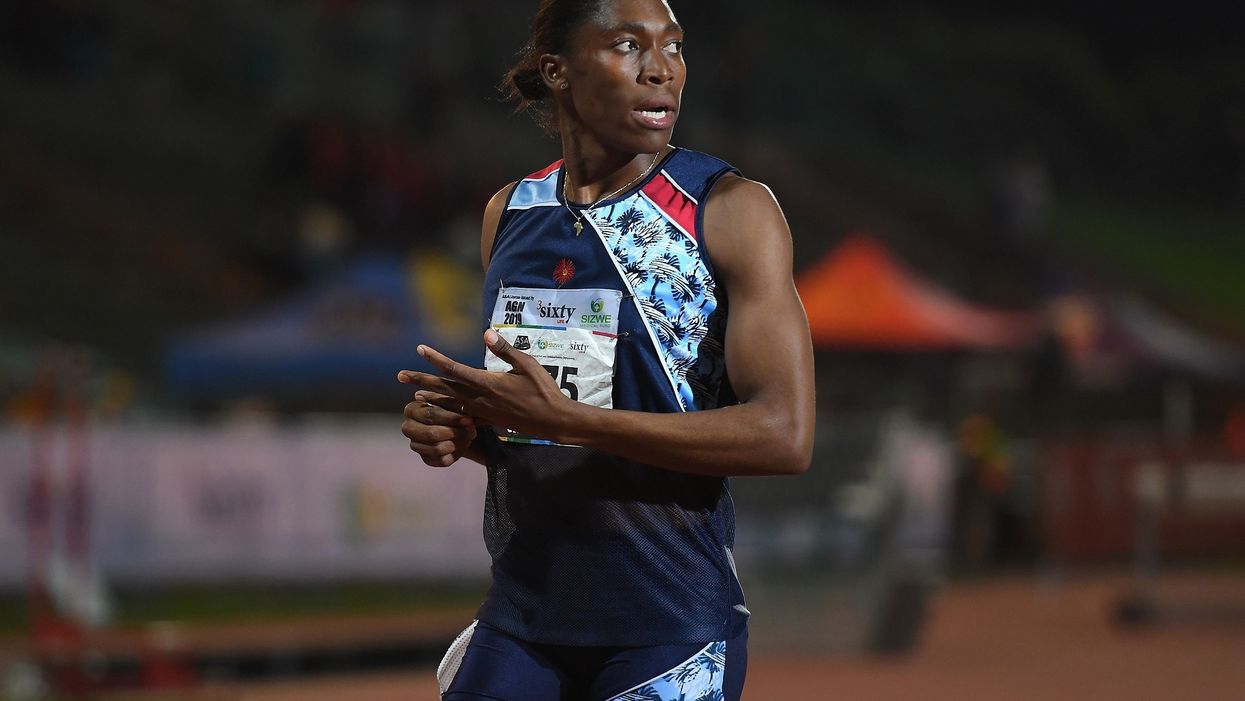
STRINGER/AFP/Getty Images

Landmark ruling stirs up more debate on defining athletic advantages
Two-time Olympic champion Caster Semenya has lost her bid to fight the International Association of Athletics Federation's new regulations capping the allowable testosterone levels of female competitors.
Beyond the current controversies regarding transgender athletes competing against biological females, Semenya's case presents deeper complexity in the debate over fairness in women's sports.
A columnist from The Washington Post wrote Wednesday that "it is believed she has an intersex condition." The South African reportedly has hyperandrogenism, which causes her body to naturally produce a far higher level of testosterone than most women.
The Daily Mail reported Semenya was ordered to take a gender test after winning gold in the 800 meters at the 2009 Berlin Olympics, and was cleared to return to the women's division after an 11-month reprieve.
In the past, sports-governing entities conducted chromosome testing in order to be sure female athletes weren't biologically male, but that method was deemed discriminatory. So, in 2011, according to The New York Times, the IAAF announced it would do away with all references to "gender verification" or "gender policy."
Instead, the organization decided to test for hyperandrogenism, barring women with testosterone levels registering in the male range unless, the Times noted, she had "her undescended testes surgically removed or tak[e] hormone-suppressing drugs."
Semenya challenged the new rules, arguing they were meant to target her personally. But the IAAF stood by its decision, and a panel at the Court of Arbitration for Sport in Lausanne, Switzerland, upheld the regulatory method in a decision on Wednesday.
Although the court determined that the "regulations are discriminatory," it reasoned, "such discrimination is a necessary, reasonable and proportionate means of achieving the IAAF's aim of preserving the integrity of female athletes in the restricted events."
Semenya's supporters are crying foul over the new rules, saying athletes born with natural abilities and physical advantages should not have them suppressed through "down-doping."
A study in the Journal of Clinical Endocrinology & Metabolism supported using testosterone as a gauge in women's sports, finding a "high level of androgens are per se performance enhancing."